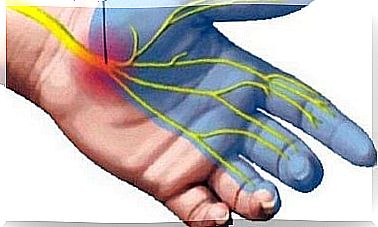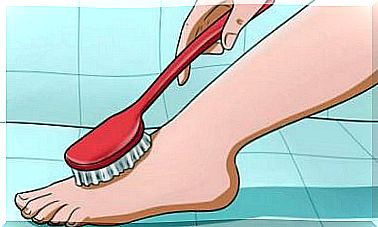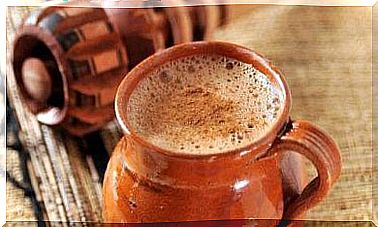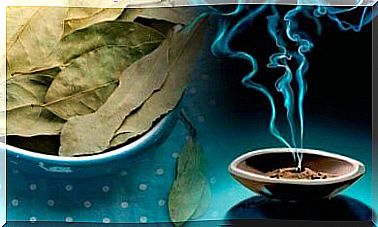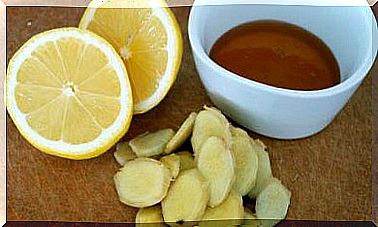Hyperlipidemia: High Blood Lipids

Hyperlipidemia and dyslipidemia are high levels of lipids in the blood. Lipids are transported by lipoproteins to the tissues in which they are stored. They are a reserve of energy, and the body uses them when it needs to meet the metabolic needs of tissues. What does hyperlipidemia or high blood lipids mean?
Cholesterol is a lipid (fat) that plays an important role in the proper functioning of the body. In addition, it is part of the plasma membrane of cells. Triglycerides are also lipids and represent an important energy reserve of the body. The blood carries them together with the lipoproteins produced by the liver and intestines.
High blood lipids: causes
Elevated levels of cholesterol and triglycerides in the blood, which are above those considered adequate or normal, are a significant risk factor for atherosclerosis. Atherosclerosis is a very important risk factor associated with cardiovascular and cerebrovascular accidents.
Causes that cannot be prevented include factors such as genetics, age and gender. It is also important to remember that hypercholesterolemia, in some cases, is also linked to other diseases, which indirectly cause an increase in cholesterol levels.
Genetic hypercholesterolemia is an inherited disease detected at birth, and sick people have high blood cholesterol levels.
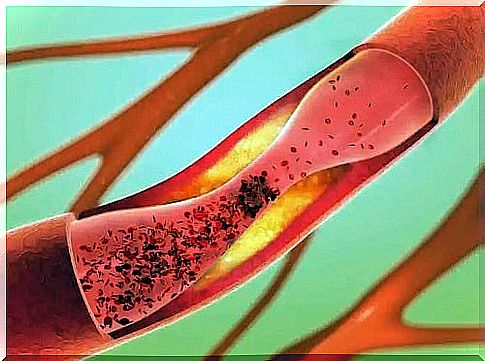
High blood lipids: signs and symptoms
Dietary supplements for hyperlipidemia
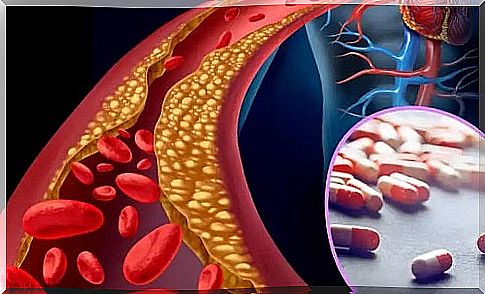
The main drugs that doctors prescribe to control cholesterol levels are statins, ion exchange resins, fibrates and omega-3 fatty acids. The professional will choose the right medicine according to the parameter that requires treatment, which will be the one that presents the greatest health risk.
Treatment may also involve dietary supplements and phytotherapy ( herbal preparations that may be helpful). Among the herbal substances useful in the treatment of dyslipidemia we find:
